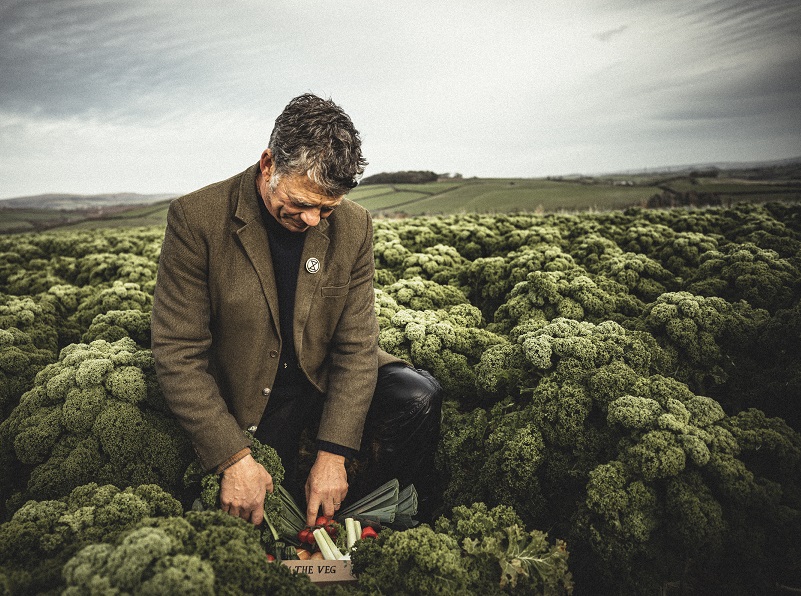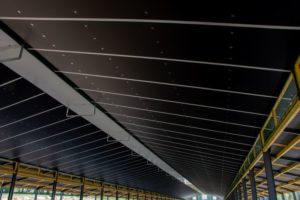Connecting the public to local food could be the key to building more efficient and robust food supply chains and maximising the value of local markets. And an innovative webinar from Agri-tech Cornwall is seeking to do exactly that.
Scheduled for 11 November, the webinar will feature Guy Singh-Watson, founder of Riverford Organic Farmers, and Simon Platten of Tamar Grow Local: Both will discuss working closely with local supply chains, their operations and the lessons they have learnt.
Inviting participants from across the food industry and associated sectors – from field to fork – the webinar aims to spark progressive yet practical discussions, which could lead to the creation of shorter supply chains across the South West region.
Local Food Hubs could be one answer to building more efficient and robust food supply chains – providing economies of scale and access to facilities, services, and expertise that many small or early-stage ventures cannot afford, says Robin Jackson, director of the Rural Business School (RBS), which is organising the webinar on behalf of Agri-tech Cornwall.
“In South West England, agriculture and food production are the bedrock to our economy, and are strongly connected to tourism, retail and leisure,” he explains. “This is all linked through the allure of the landscapes we manage, the quality of the food and drink we produce, and the places and activities in which we enjoy them.”
Simon Platten works to support small scale and start-up growers and producers and will be sharing his experience and ideas. “We have created producer co-ops with shared access to small production facilities and an equipment pool,” he says. “We also have a farmstart site – providing starter horticultural units – and an online farmers market; Food Hub, which serves both retail and wholesale customers.”
During the first Covid lockdown, he experienced unprecedented demand for his services. “We were able to scale up by 300% within a week and meet demand, largely because our organisation is able to quickly adapt to change and has resilience rooted in the strong relationships with our local community,” says Mr Platten.
“I look forward to describing how the different elements of our organisation fit together around our food hub and reflecting upon our response to Covid, both in terms of what has worked well and what could be improved.”
Guy Singh-Watson will be discussing the role Riverford has played in the local food supply chain over the past 30 years. “When I set up Riverford, crucial to its success was a network of local like-minded organic farmers, who believed in the same principles of high standards with food produced without harming the environment and at fair prices to farmers. This group became the South Devon Organic Producers’ co-operative, which remains a key supplier to Riverford’s veg boxes today,” he says.
“As we have grown, it has become necessary to search further afield to find organic growers to produce a wider range of fruit and veg to fulfil our customers’ needs. In my view, there is also a debate around whether ‘local is always better’, and this session will be a good chance to bring some of these discussions to the fore.”
The webinar will welcome audience participation in the form of polls and a Q&A session. “We aim to discover if there are logical areas and types of produce with ready markets and the requirements to fulfil them,” says Mr Jackson. “We hope to identify likely hotspots with the necessary factors for a local food system to succeed.”
To register for the webinar on 11 November go to https://register.gotowebinar.com/register/5868701997680168207




